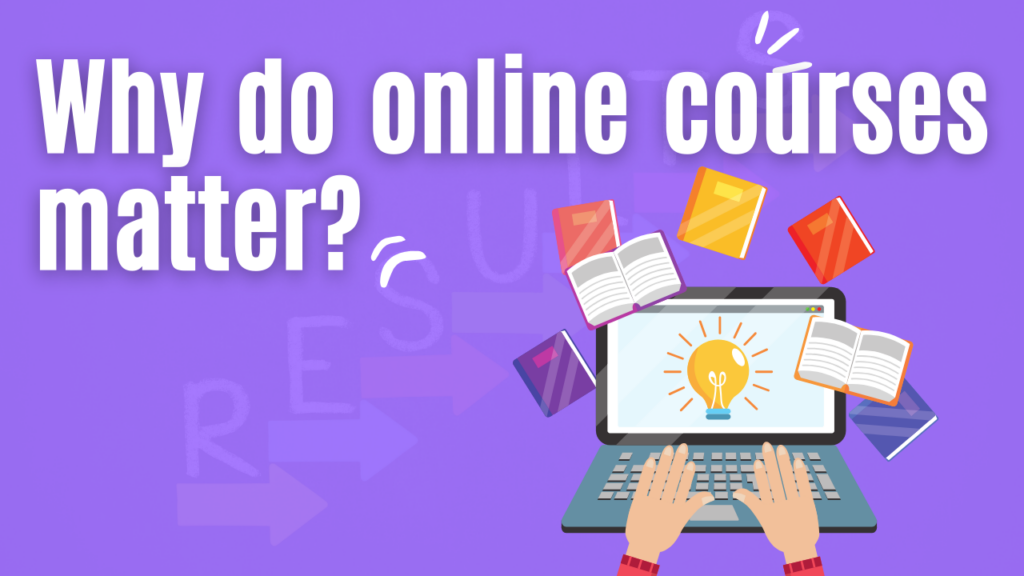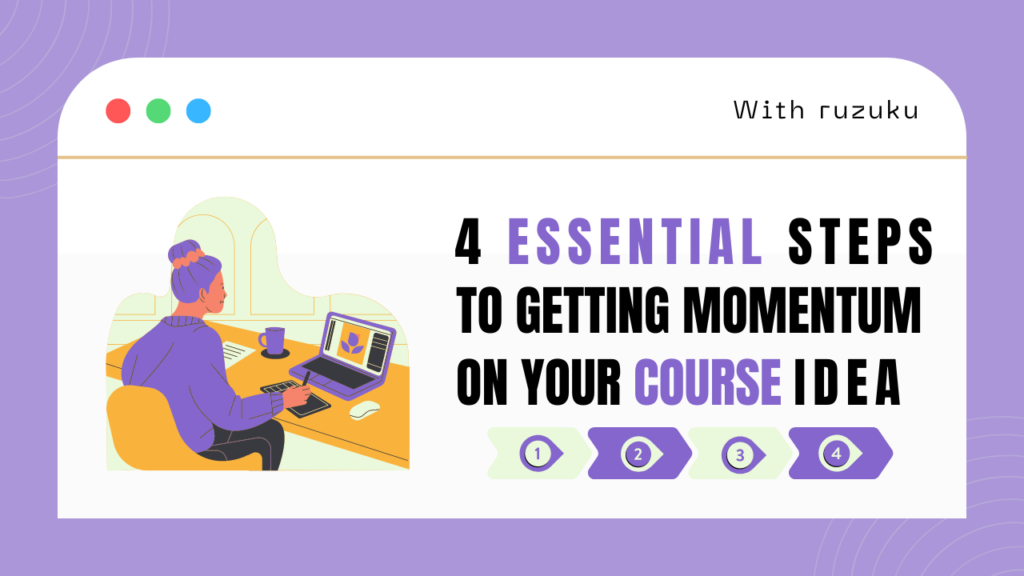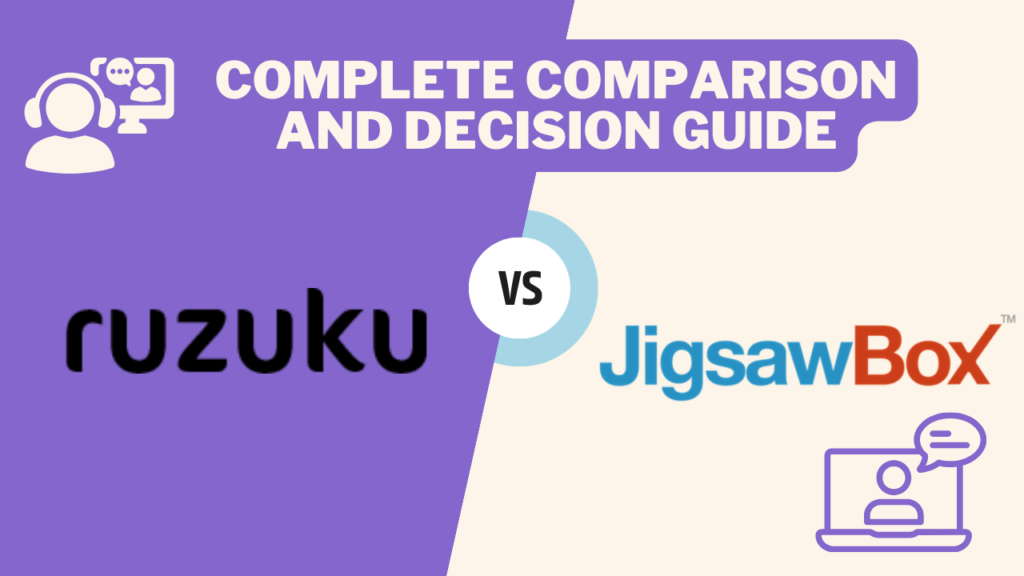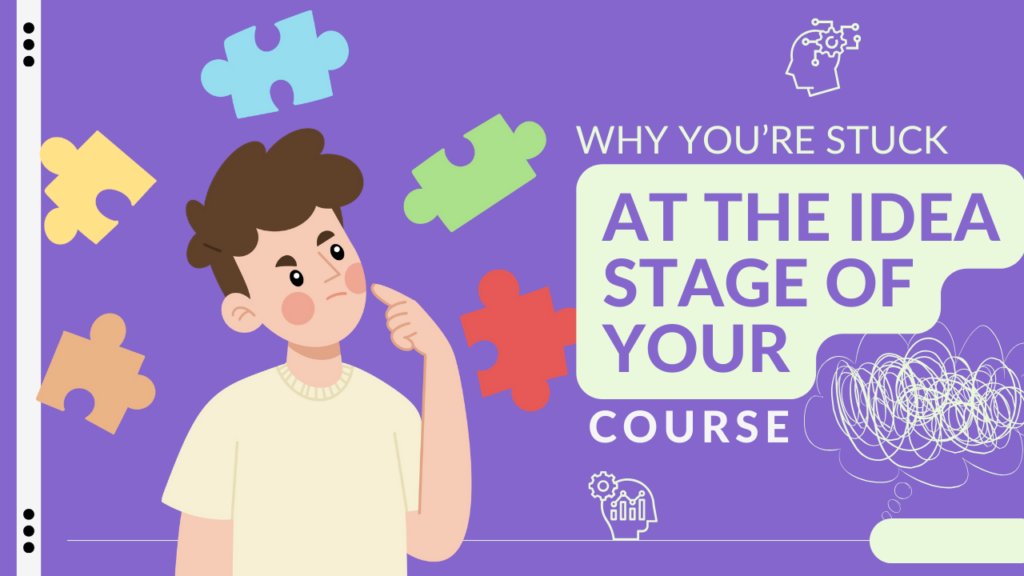Sometime it’s important, valuable, and clarifying to simply step back and ask why.
Why do we invest our time and energy making it easy to create online courses?
And why should you create and teach your own courses?
Reaching everyone
Our first answer to “why create online courses?” is about access to learning.
Just because the internet has become ubiquitous…
Doesn’t mean we should take it for granted.
Because for many people we hope to serve…
Access to online learning isn’t a nice option.
It’s the only option.
Consider this Facebook comment from a woman responding to a blog post about the limitations of online courses:
I was reading it and feeling concerned that you might suggest in-person learning was the only thing you recommended.
I use online classes as many of the women I teach are severely ill, housebound or bed bound and would be unable to attend an in-person class.
As a teacher living with multiple illnesses and disabilities I would be able to do a lot less if I had to travel to a class room, and use my energy dealing with inaccessible learning spaces.
… I have studied from home in self-directed study from my late teens (i.e I was too ill to attend classes so my husband recorded them and brought them home for me to listen to, and collected library books for me etc, and we emailed in my essays).
Wow.
She says: many of the women I teach would be UNABLE to attend an in-person class.
That’s why our work is so important.
It’s about reaching everyone.
Including the people who need our help the most.
Overcoming the barriers to learning
Whatever the barrier: illness, disability, time, distance…
(Or even personality: as Susan Cain discusses in Quiet: The Power of Introverts, introverted individuals are often creative and intellectual, but the intense social environment of an in-person conference can inhibit their learning).
… people who cannot attend live, in-person events rely on us to provide knowledge and inspiration — online.
This is about enabling you to serve.
To bring the world of knowledge to people around the world who hunger for growth.
If you think about it, you never know who your course may help.
Even if you don’t even know her yet, she’s waiting for you.
So it’s your responsibility: to bring your expertise to the world though online learning, and serve those who can learn no other way.
Ask yourself:
- Who do you want to help and serve?
- Who can ONLY access your help online, because of illness, disability, distance, or personality?
Providing structure to help people learn
We believe there are millions of people around the world who will benefit enormously from online learning.
Not just because of access, although that’s crucial.
Well-designed online courses, guided by dedicated teachers and coaches, provide more than just access.
Courses help overcome inertia with structure.
You may have heard this before:
Most self-help books don’t even get opened, let alone read, after purchase.
Sad, huh?
But that’s reality.
Without structure — we fail to move forward.
You need structure to help you take action, and make a positive change in your life.
That’s why traditional education provides all kinds of structure:
- a semester-long schedule,
- regular assignments,
- grades.
There’s a lot that’s wrong with that structure — especially for adults.
(And for topics, such as personal development, that can’t be “graded”).
But the value of having some structure to guide your learning is clear.
Online programs can help keep you engaged after the purchase, with:
- email reminders of new content
- live calls or webinars
- discussions
- and a caring instructor who can monitor your progress and check in with you.
Notice that technology, per se, isn’t what keeps you on track.
Technology is what makes a well-designed & effective program possible.
Form follows function.
If we let the form of our technology follow the function of the education we seek to provide… then we can really get somewhere.
We can help overcome inertia, and gain the enormous satisfaction…
… as both teachers and students …
of seeing learning and growth happen.
Questions to reflect on:
- What has been your experience been as a participant in online programs?
- What has worked well to help you overcome inertia? What hasn’t worked so well?
- How can you help people in your courses/programs to move forward and apply your teachings?
→ Learn how to design an online course that will make a difference in the lives of your participants




